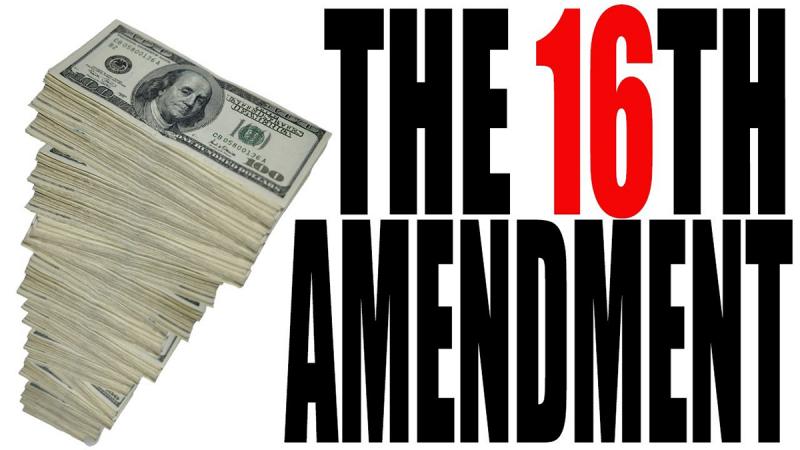By Pete Hendrickson
IN 1884, THE AMERICAN PEOPLE WERE sick to death of Republican party corruption and that of its clients and cronies. In a spasm of cleansing, Stephen Grover Cleveland, a strict limited-government Jeffersonian who campaigned against most (if not all) of the economic and centralizing policies of Lincoln and his successors, was elected president of the United States. Four years later, Cleveland again won the popular vote, but due to the quirks of the electoral college he was denied a second term at that time, surrendering the White House for a term to Republican Benjamin Harrison. In 1892, Cleveland yet again won the popular vote, and this time also won the electoral college majority for the second time, both by wide margins.
Cleveland's view of federal authority and the Constitution can be seen in his commentary upon vetoing an appropriation by Congress of $10,000 to buy seed grain for drought-stricken Texas farmers:
"I can find no warrant for such an appropriation in the Constitution, and I do not believe that the power and duty of the general government ought to be extended to the relief of individual suffering which is in no manner properly related to the public service or benefit. A prevalent tendency to disregard the limited mission of this power and duty should, I think, be steadfastly resisted, to the end that the lesson should be constantly enforced that, though the people support the government, the government should not suppor ...




